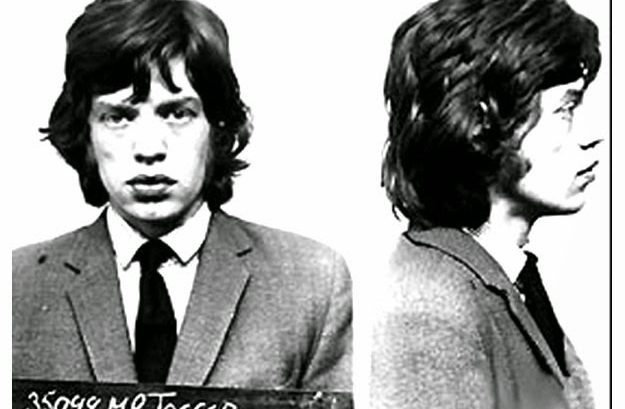Paraphrase without removing the quotations.
In the 1960s, a new cultural revolution emerged in England, resulting in the formation of several British rock bands. The Beatles, The Kinks, and The Who were a few of the successful groups that became part of the musical sensation, known as the “British Invasion,” that spread to the United States. However, The Rolling Stones were one of the most popular bands that managed to endure much longer than their contemporaries and still perform to date.
Mick Jagger formed the group during the 1950s while playing covers in a garage band. After reuniting with his childhood friend, Keith Richards, they began playing together, leading to the formation of The Rolling Stones after several personnel changes. Initially, they began their career by playing covers, but their popularity grew in the early 1960s, and they signed a management deal with 19-year-old Andrew Loog Oldham, who played a pivotal role in their development as a band. He encouraged Jagger to be the frontman instead of Brian Jones and pushed the band to start writing their own songs while creating an image to rival The Beatles, portraying them as a cooler and more provocative act.
The Rolling Stones became massively successful in the mid-1960s with chart-topping hits like ‘(I Can’t Get No) Satisfaction’ and ‘Paint It Black’, gaining a reputation as both musical icons and sex symbols during their sold-out tours. However, the band’s early success was largely due to their beginnings as a covers band, where they honed their skills and were influenced by early rock and roll and R&B artists such as Bo Diddley, Muddy Waters, and Chuck Berry.
One particular artist who had a significant impact on Mick Jagger was Little Richard, who Jagger referred to as “the biggest inspiration of my early teens”. Little Richard’s androgynous style and music greatly influenced many genres, including hip-hop and modern rock. In 1963, Little Richard and Bo Diddley headlined the Rolling Stones’ first-ever tour, where the band played covers of their songs such as ‘Money’, ‘Roll Over Beethoven’ and ‘Route 66’.
“When we were on tour with him I would watch his moves every night and learn from him how to entertain and involve the audience and he was always so generous with advice to me. He contributed do much to popular music I will miss you Richard, God bless.”
After Little Richard’s death in 2020, Jagger took to Twitter to express his appreciation for the rock and roll legend. He mentioned that Little Richard’s music still had the same raw energy as when it first emerged in the mid-1950s. Jagger also credited Little Richard with teaching him how to engage and entertain the audience while on tour, saying that he learned from his moves every night. Little Richard’s contributions to popular music were immense, and he will be greatly missed by Jagger and countless others.
— Mick Jagger (@MickJagger) May 9, 2020

